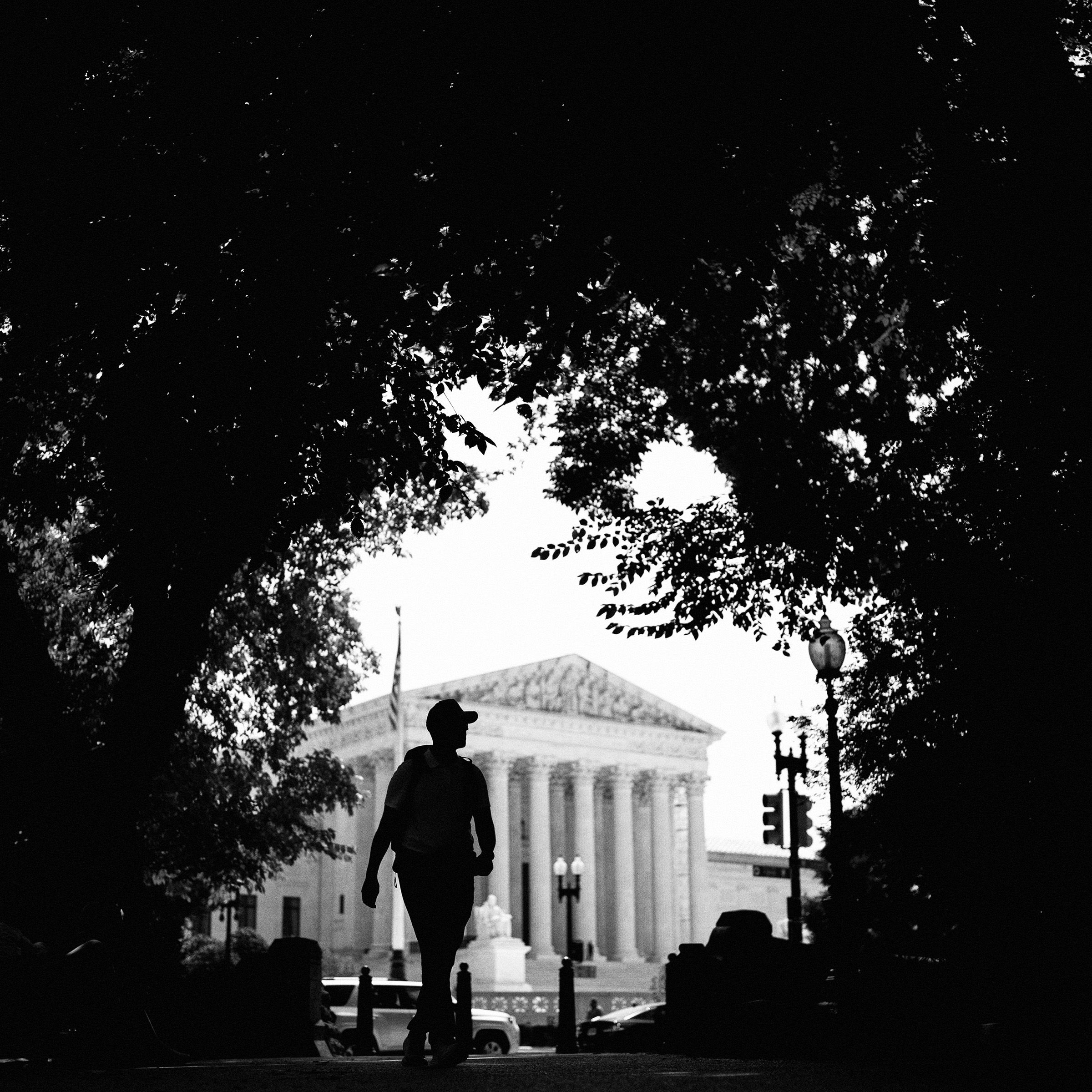US Supreme Court Upholds Texas Porn ID Law

US Supreme Court Upholds Texas Porn ID Law
The US Supreme Court has upheld the Texas Porn ID Law in a landmark decision today. The law, which requires individuals to show identification before accessing adult content online, has been controversial since its inception.
In a 5-4 decision, the court ruled that the law does not violate the First Amendment rights of individuals and is a lawful means of protecting minors from exposure to explicit material. Supporters of the law argue that it is necessary to prevent children from accessing harmful content online.
Opponents, however, argue that the law infringes on the privacy rights of adults and creates a barrier to accessing legal content. The decision is expected to have far-reaching implications for online censorship and regulation.
The Texas Porn ID Law requires age verification for all users attempting to access adult websites. Users must submit a government-issued ID or credit card to confirm their age before they can view explicit material.
The law was first passed in 2017 and has faced numerous legal challenges since then. The Supreme Court decision is a major victory for supporters of the law, who argue that it is necessary to protect children from harmful content.
Critics, however, believe that the law is an overreach of government power and violates the free speech rights of individuals. They argue that parents, not the government, should be responsible for monitoring their children’s online activities.
The Supreme Court’s decision is likely to spark further debate and legal challenges on the issue of internet regulation. It remains to be seen how this ruling will impact other states with similar laws and the future of online censorship in the United States.
Overall, the decision sets a precedent for the regulation of online content and raises important questions about the balance between protecting minors and upholding individual privacy rights.






